A giant warehouse rekindles old fears about urban sprawl
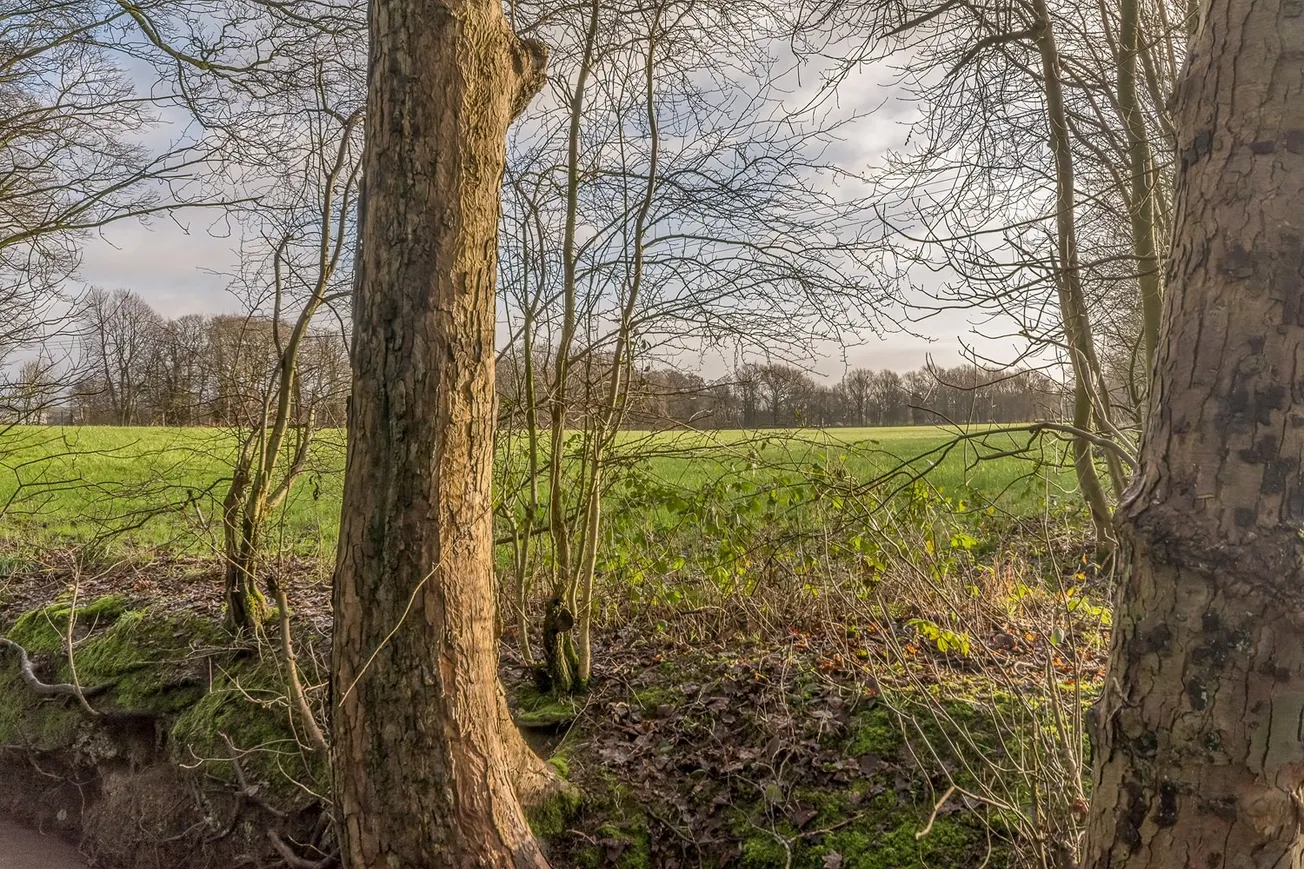
'We are the last guardians who have an opportunity to protect the legacy of Bold'
Almost 50 years ago, a top-secret report proposed a mega-city sandwiched between Liverpool and Manchester. The Silver City Report, backed by a number of politicians and officials, envisaged a city formed by merging the towns of Runcorn, Widnes and Warrington.
The report caused an outcry in the 1970s and the plan disappeared. But the fears that it conjured — fears of a continuous urban sprawl along almost the entire length of the M62 — live on to this day.
For decades, thousands of acres of farmland and woodlands east of Liverpool and west of Manchester were protected by the South West Lancashire Green Belt. But now the government has given the green light to a massive logistics hub in the ancient village of Bold.
The Omega West development will include warehousing for the Home Bargains chain of discount stores, which was founded in Liverpool. The company says this is the only suitable site for its warehouse, and St Helens council has supported the plans. The parish council in Bold says the development will see the destruction of 18 acres of established woodland, which is why local people are up in arms.
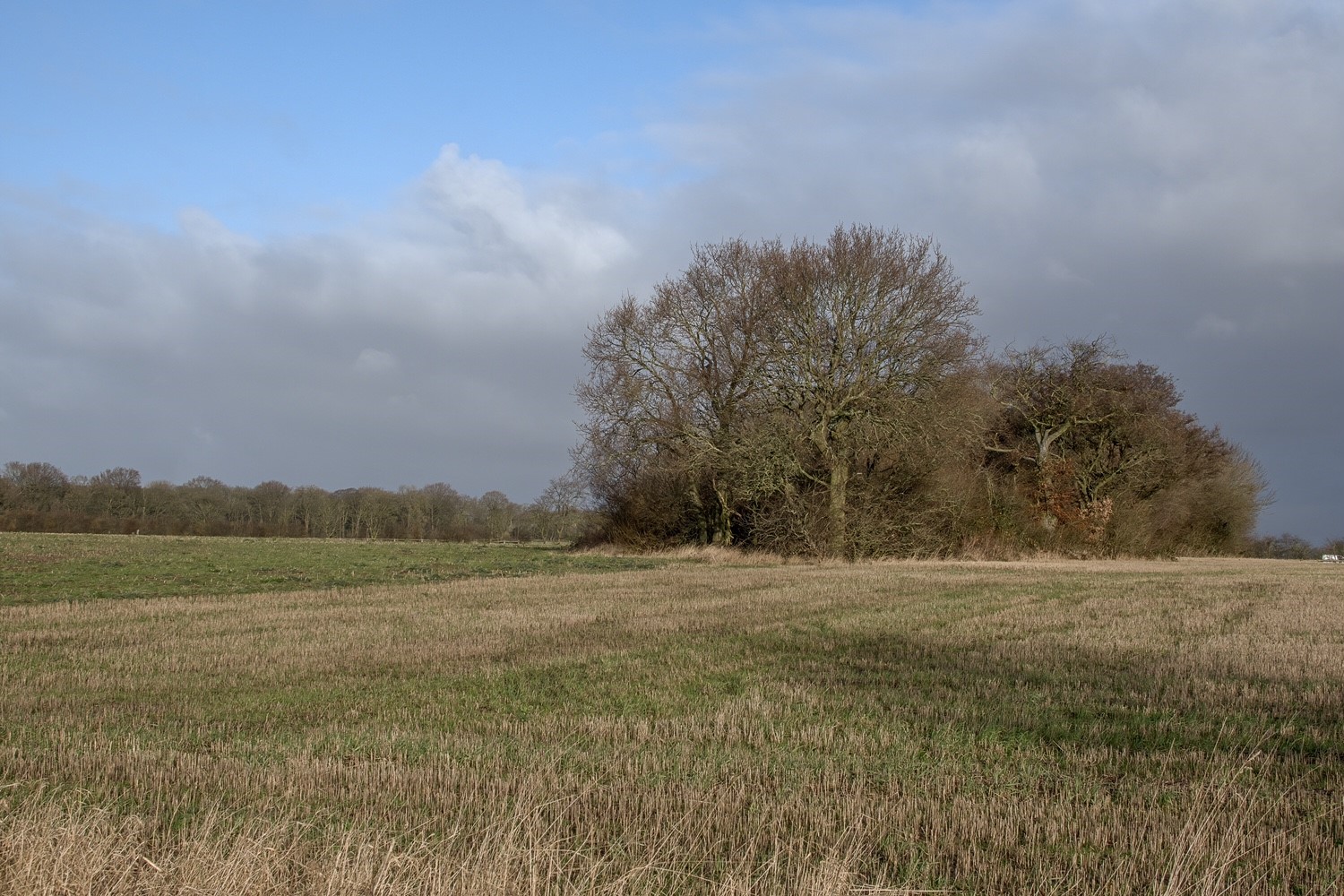
The story highlights a battle that is happening on the edges of towns and cities across the country, as retail companies try to massively expand their logistics capacity, and local residents fight desperately to protect their views, walks and much-prized nature.
‘The decision made me cry’
Bold is a collection of villages and hamlets south of St Helens, the area named after a family who for generations made Bold their home. History books tell the story of how Bold came into being a thousand years ago. Legend has it the village blacksmith was rewarded after he slayed a griffin plaguing local farms and stealing lambs from the fields.
The centrepiece of the Bold family coat of arms is a half-dragon, half eagle griffin. Bold Old Hall and its replacement, Bold Hall, a grand mansion, have disappeared, but there are still signs of their existence, including a moat and ornate gate posts.
Readers might know the area from passing The Dream, an imposing sculpture that looks over the busy motorway, built on top of what used to be a slag heap. The 20-metre high sculpture was designed by world-famous Spanish artist Jaume Plensa. "Standing up here at the Dream, the views are incredible,” says Gary Conley. It's passed every year by around 35 million motorists, and for former miner Conley, it's a constant reminder of his years at Sutton Manor Colliery.
"The Welsh mountains, Saddleworth Moor on the Pennines, and Winter Hill,” the 66-year-old Conley says, describing the views. “And around the Dream beautiful rolling countryside in every direction, around the villages of Bold and Clock Face. I spend hours up here.” He was one of a team of ex-miners recruited to help come up with a way of celebrating the history of the site, with a work of art reflecting the aspirations of the disappearing mining community. It was hailed as the North West's answer to the Angel of the North.
Soon, the roar of earth-movers and bulldozers will move in to prepare 173 acres (or about 115 football pitches) of agricultural land for the building of one of Britain's biggest warehouse facilities. "It's just heartbreaking to think this beautiful rural landscape will soon be gone forever," says Elizabeth Lloyd. She was among an army of villagers from Bold and Clock Face who formed an action group to fight the proposals. So angry were the villagers they fired virtually the entire Labour-run parish council, standing as independents and grabbing nine of the twelve council seats.
The home Mrs Lloyd occupies with her husband Jon will be overshadowed by the planned 41-metre high warehouse. Their two-year battle led to a public inquiry and a decision in November by the Communities Secretary Michael Gove to give the warehouse development the green light. "It was a David versus Goliath for us, and in our case, Goliath won,” she says. “Soon we will have a massive warehouse complex close to where we live. It's as though the beautiful countryside is being pillaged before our very eyes, and there is nothing we can do.”
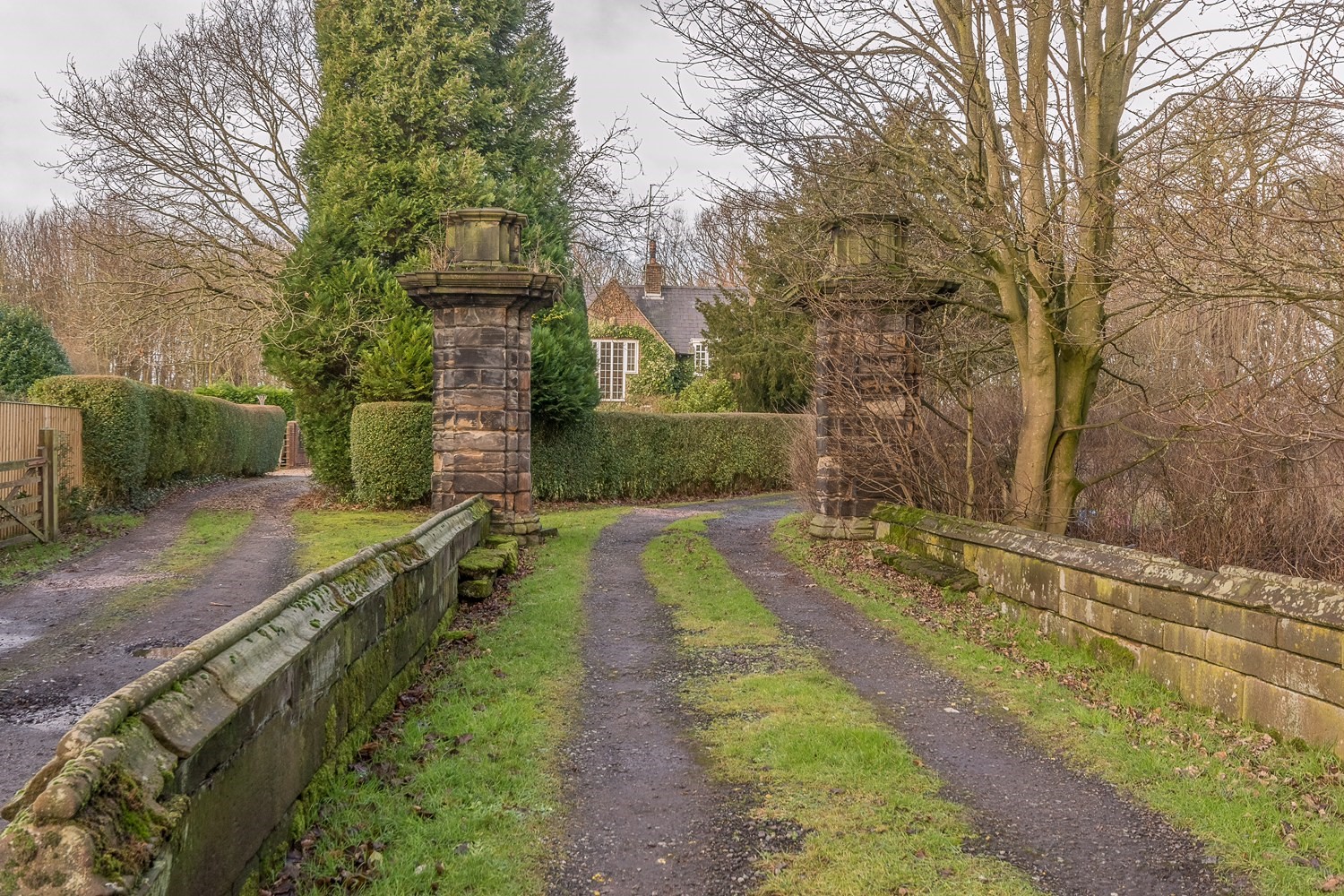
Gove’s decision was to confirm the recommendation of a planning inspector that the logistics hub should go ahead. In his report, Mike Worden, the inspector who carried out a public inquiry, wrote: "It is also not disputed that the proposed development would cause significant harm to the openness of the Green Belt. The site is open countryside.” But the prospect of jobs in a deprived area was sufficient to override the loss of nature.
"I admit the decision made me cry when I heard the announcement," says Allen Makin, a retired hospital manager and chair of Bold Parish Council, who went for a round of golf when the government’s inspector was due to report his findings. "We fought this for two years, but we were no match for a billionaire business backed by the council. What we will lose will be a massive slice of agricultural land that has been farmed for generations, woodlands and forests. It will be life-changing for our community.”
"This development shows green belt land can be easy prey for developers,” says Dave Hawley, who is the parish council’s vice chair. He was elected as an independent, one of a group of local people opposed to developments on green spaces around their village, but now sits as a Green Party member. “What we will be losing with this development are woodlands around 300 years old, as well as streams and wildlife havens. It will be a crying shame to see these beautiful areas concreted over.”
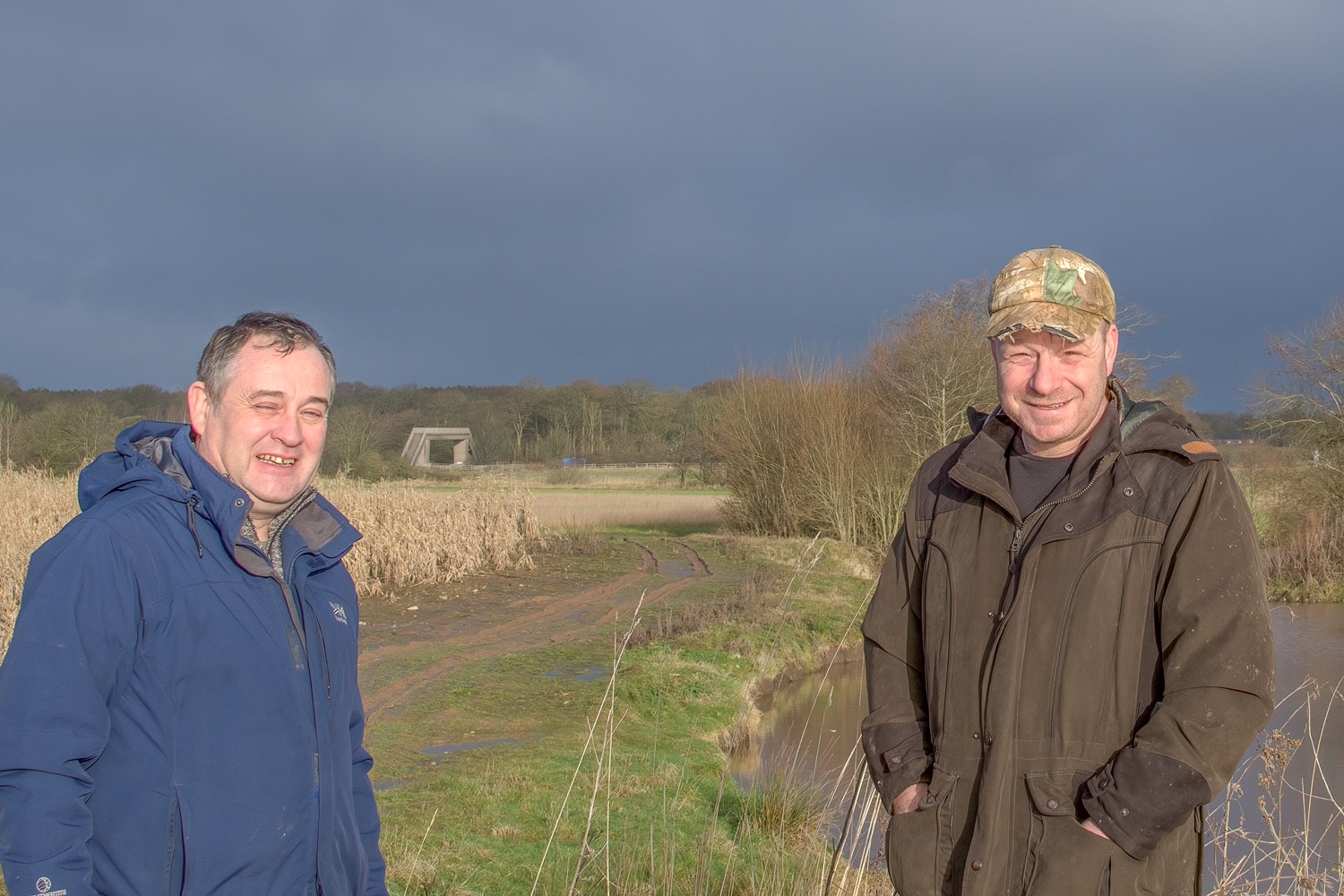
Rob Hilton and his wife Alison run Old Hall Farm, one of the closest buildings to the warehouse site at Bold in St. Helens. The farm has been in the family since 1936, though the farmhouse dates back to around 1800. On their 240 acres they grow mainly cereal crops, along with potatoes and grass. “The development comes right up to the boundary of our farmland,” says Rob. He believes the opposition to the scheme stood little chance once the council started to justify building on green space because of “special circumstances”.
“It means no green space is safe if councils can just cite that reason to allow our green spaces to be developed,” he told me. “Green space designations are just not worth the paper they are written on.”
‘Real, tangible opportunities’
The highest-profile occupant at the new development is TJ Morris, the company best known for its more than 500 Home Bargains stores. The company employs over 25,000 people and is the largest private sector employer on Merseyside. It plans to expand to 1,200 stores over the next ten years. Tom Morris, son of a shopkeeper in Liverpool's Scotland Road, launched the discount chain in the 1970s when he was just 21 years old. Now he's a billionaire, featured in the Sunday Times Rich List.
The logistics development at Bold was backed by St Helens Council and Liverpool City Region Mayor Steve Rotheram. The proposal represents an opportunity to “build upon the particular locational advantages of St Helens for logistics development,” according to the development’s application. It adds: “critically it is exactly the type of economic development which is the focus of the Government’s ‘levelling up’ agenda. It provides a rare chance to deliver real, tangible opportunities for those in most need who have been ‘left behind’”.
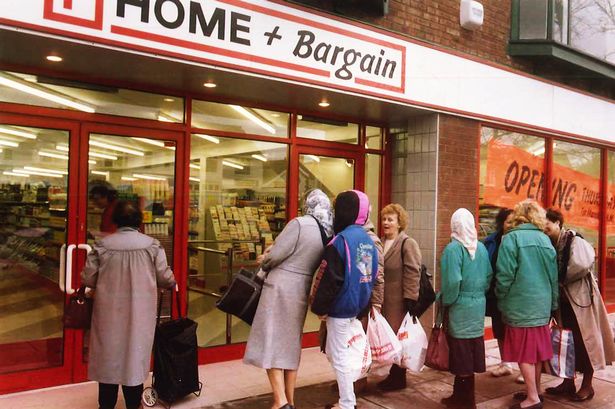
David Baines, the leader of St Helens Council, said in a statement that TJ Morris have promised to work with the local authority to “target recruitment around our deprived communities and provide apprenticeship opportunities for young people”. He says the development will bring almost £2m worth of infrastructure improvements in the area, as part of the developer contributions.
This is an argument that is playing out in hundreds of communities right now, as warehouses that help companies to supply their shops and satisfy consumer demand for super-short delivery times pop up at colossal speed. Savills reported last year that the number of large warehouses (over 1m sq ft) in the UK has increased 242% in six years. Online retailers “have increased warehouse occupancy by a staggering 614%,” the property company says. It’s been estimated that for every additional £1bn we spend online, there’s a need to create 775,000sq ft more warehouse space.
In that sense, the concreting over of fields and woodlands in order to build massive warehouses is directly correlated with our demands as consumers: to have discount stores that are constantly stocked with hundreds of thousands of products; and to get parcels delivered to our doors hours after we order them online.
The former miner Gary Conley laments the building of the warehouses but recognises the attraction to local decision-makers of the hundreds of jobs it will bring. "My grandfather and great-grandfather both worked down the mines, and I followed them. But now the pits have gone,” he says. “Yes, the development will spoil some of the views from the Dream, but I can understand the council's need to improve the area economically. It is like a double-edged sword, but I want to see St Helens flourish as a town."
The last guardians
Allen Makin regularly takes his dog, Mac, a border terrier, around the lanes and bridleways of Bold, pondering on what things will be like when the giant warehouse replaces the scenic views. "We recognise there is a need to create jobs in St Helens, but it didn't have to come at the expense of losing such a large area of green space,” he told The Post. "People may accuse us of NIMBYism, wanting to protect our rural area, but green spaces are vital for air quality well beyond Bold.”
He fears the success of the Omega West development at Bold could open the door for more raids on farmland along the M62 corridor, with developers eager to get their hands on prized land alongside the motorway network. "We have already seen so much land lost through the [existing] Omega developments in Warrington around the old Burtonwood airbase, and that site is more or less full," says Makin. "Now they have extended Omega into St Helens and are taking this large slice of Bold. Where will all this end?"
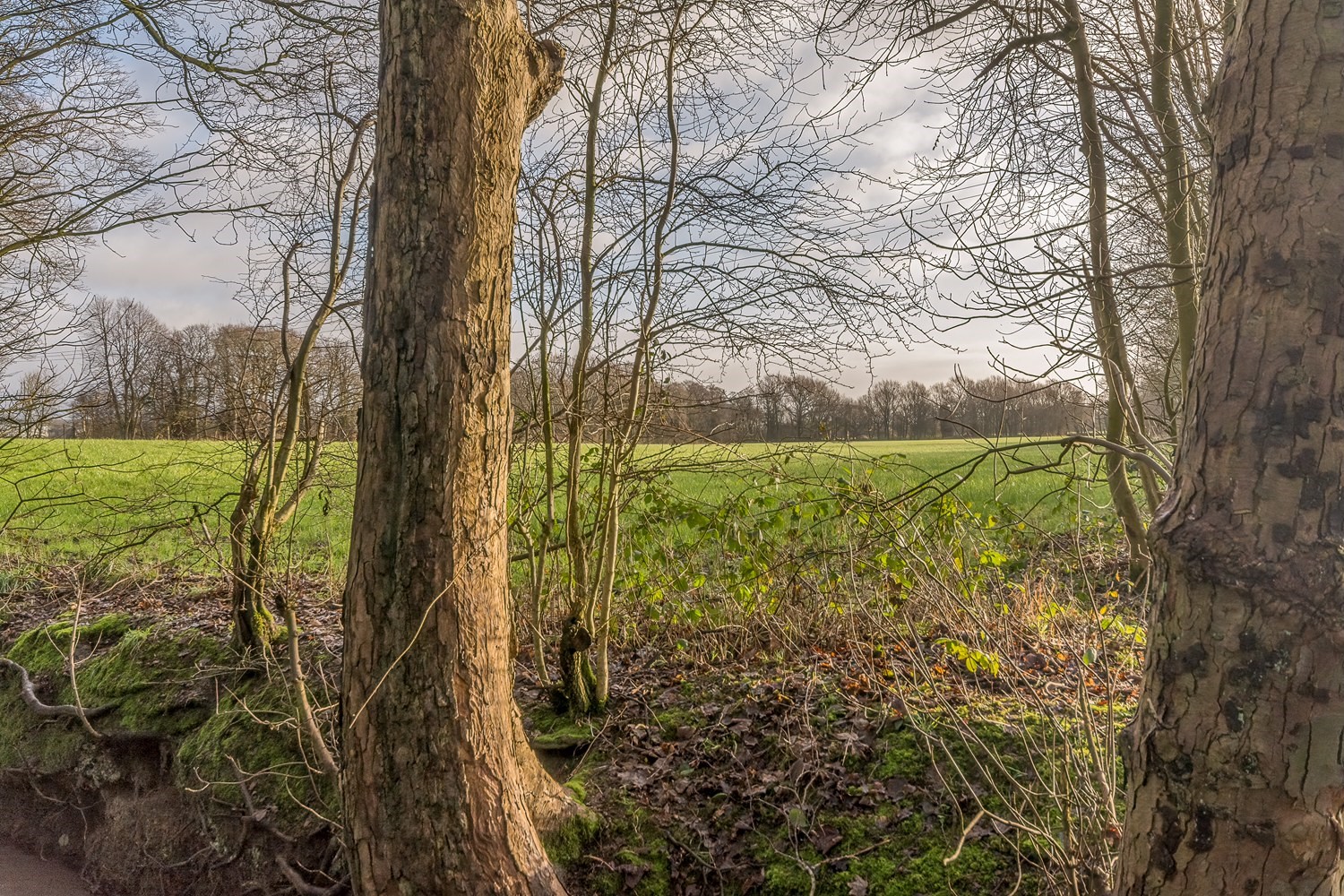
The residents fear that this development and others in the local area are deleting the countryside between Liverpool and Manchester in just the same way the long-forgotten Silver City plan planned to do. To the east of Warrington thousands of homes have been built in the Birchwood area, while to the west of Widnes, open land at Halewood new housing will contribute to the urban sprawl. There's even talk of hundreds of homes and other developments on the site of the now-closed Fiddlers Ferry Power Station that dominates the skyline for miles.
“I feel they could have found a brownfield site rather than take so much agricultural land away,” says Rob Hilton. “Soon there will be no spaces at all between St Helens and Warrington, just one continuous urban sprawl.”
Elizabeth Lloyd has spent her life in and around the rural areas of Bold and Burtonwood. She told The Post how she has watched more and more of their rural lands being sacrificed for developments.
“Bold is an ancient settlement — the land was given to the Bold family after the Norman conquest and people have been living here ever since,” Lloyd says. “The little we have left should remain protected under laws that were created to do just that. We are the last guardians who have an opportunity to protect the legacy of Bold and what remains of it for future generations.”
Read our members-only stories this week:
- 'We’re going to have to live with Covid forever': Trailblazing Liverpool scientist Janet Hemingway leads the fight against the pandemic.
- What's behind the opportunity 'cold spot' in Birkenhead? A string of schools that offer little hope of progress to university.

Comments
Latest
Ghosts, gangsters and giving Liscard a chance
Trust in vaccines has fallen post-COVID. Now Knowsley has a measles outbreak
A Liverpool developer became a Dubai crypto kingpin. Now he’s accused of defrauding investors out of $400 million
Is Liverpool on track for net zero by 2030?
A giant warehouse rekindles old fears about urban sprawl
'We are the last guardians who have an opportunity to protect the legacy of Bold'